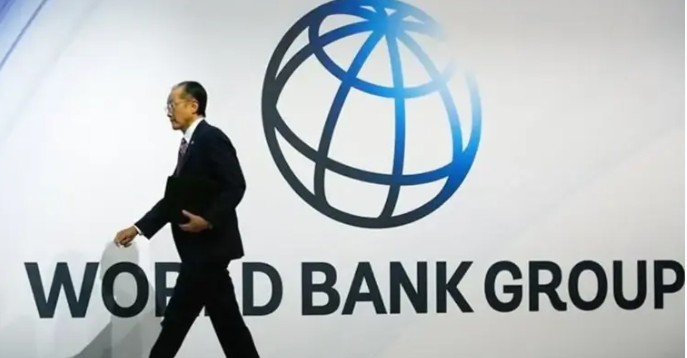The World Bank has called for a sweeping overhaul in how developing countries and their creditors report and manage debt, urging what it described as “radical debt transparency” to avert growing financial instability.
In a report released Friday, the Bank expressed concern over the increasing complexity and opacity of sovereign borrowing, especially in low- and middle-income economies, many of which are engaging in off-budget loans and non-traditional financing amid ongoing global economic uncertainty.
“Developing countries are borrowing in the dark. It’s time to shine a light on the terms, the creditors, and the long-term fiscal risks,” said Indermit Gill, the World Bank’s Chief Economist.
Why Now? The Risk Behind the Call
The report, titled “Debt in the Shadows: Transparency as the First Line of Defense,” comes as global public debt surpasses $97 trillion, with emerging markets accounting for a rising share of high-risk borrowing.
Several countries particularly in Sub-Saharan Africa, South Asia, and parts of Latin America have turned to opaque, off-budget loans from state-backed Chinese banks, commodity traders, or private equity lenders. These deals often lack parliamentary approval or public disclosure.
“When debt is hidden, the costs are too,” the report warns. “Without transparency, neither citizens nor investors can assess a country’s fiscal health. This undermines accountability and can delay responses to crises.”
What the World Bank Is Proposing
The Bank outlined a four-part framework aimed at radically increasing debt visibility and accountability:
-
Comprehensive Loan Disclosure:
All new sovereign borrowing, including guarantees and collateral terms, must be publicly reported within 30 days of signing. -
Annual Independent Audits:
Governments should publish annual debt audits, verified by independent institutions, and make them accessible to the public. -
Transparency in Restructuring:
Any renegotiated debt must include public disclosure of restructuring terms, timelines, and participating creditors. -
Creditor Participation:
Lenders—including state-backed and commercial institutions—should be required to open their loan books, disclosing the terms, guarantees, and repayment schedules of all outstanding sovereign credit lines.
The call comes amid a backdrop of tightened global credit, soaring interest rates, and currency devaluations in several emerging economies. The IMF estimates that over 50 countries are at risk of or already in debt distress, and at least a dozen are restructuring or negotiating bailouts.
“Many of these nations are flying blind. They owe money to lenders whose identities or terms are unknown to even their finance ministries,” said Laura Alfaro, a Harvard economist and former advisor to Latin American central banks.
Pushback from Some Creditors
While transparency advocates welcomed the report, some creditor nations and private lenders may resist the call.
China, the world’s largest bilateral lender to developing countries, has traditionally insisted on confidentiality clauses in its loan contracts. Critics say this prevents proper risk assessment and unfairly burdens borrowing countries with hidden liabilities.
A spokesperson for China’s Ministry of Commerce, when asked for comment, said:
“China supports responsible lending and transparency through bilateral dialogue. Publicly releasing sensitive loan information could undermine negotiations and national sovereignty.”
Civil Society and Market Response
Global NGOs and market participants reacted positively. Transparency International said the World Bank’s proposal could become a “landmark shift in sovereign finance norms.” Meanwhile, rating agencies like Moody’s and Fitch have begun factoring debt transparency into their sovereign credit assessments, potentially influencing how nations are scored and how much they pay to borrow.
What’s Next: Will Transparency Become the Global Standard?
The World Bank said it will work with G20 finance ministers, multilateral lenders, and the Paris Club of creditors to implement its framework, and may condition future development lending on adherence to the new transparency norms.
“Transparency is not optional. It’s essential for development, investment, and democracy,” Gill said.
Countries that adopt the framework could benefit from improved investor confidence, lower borrowing costs, and stronger public trust.



